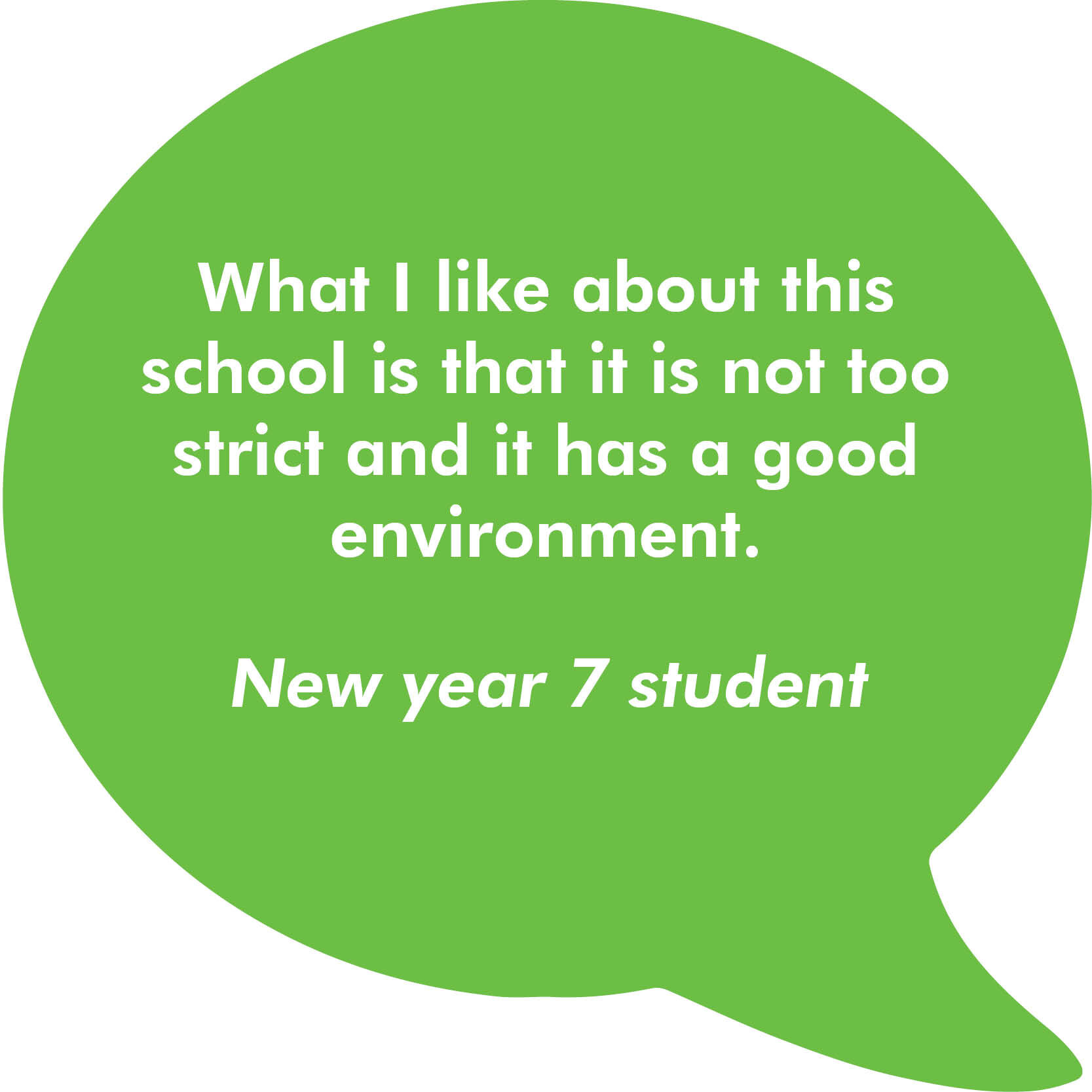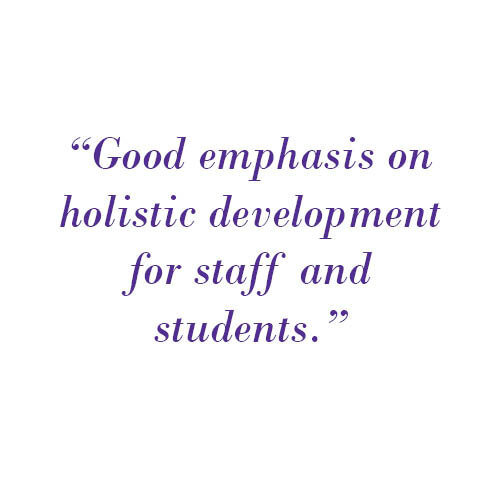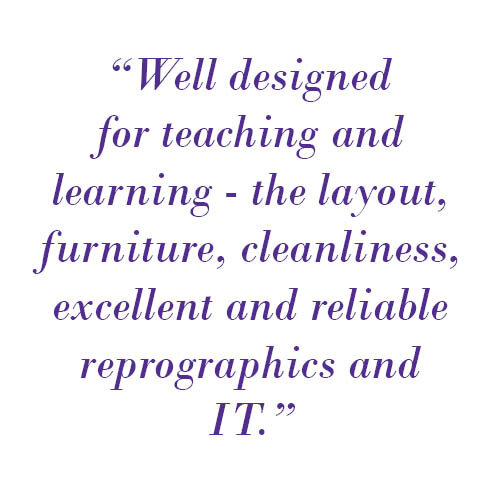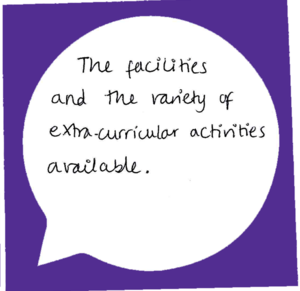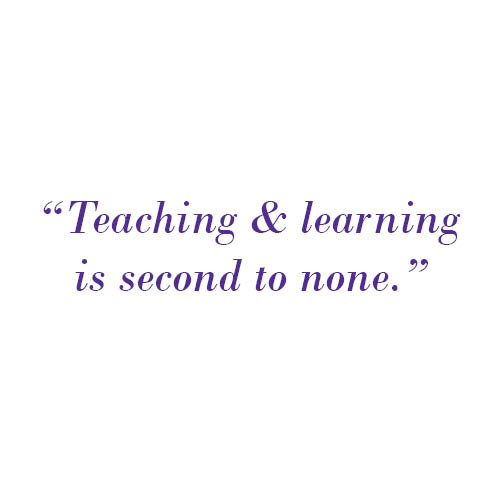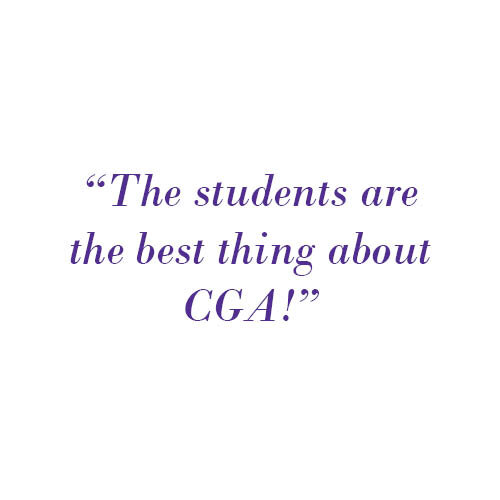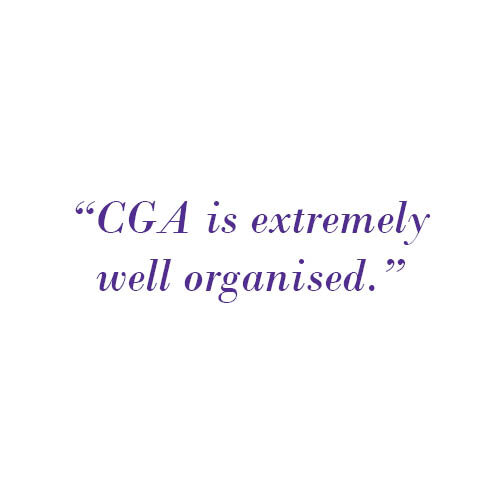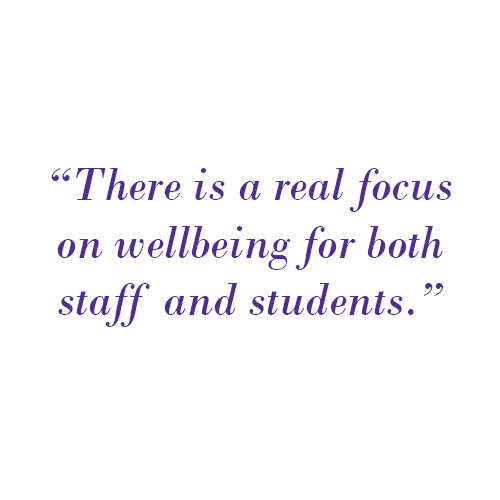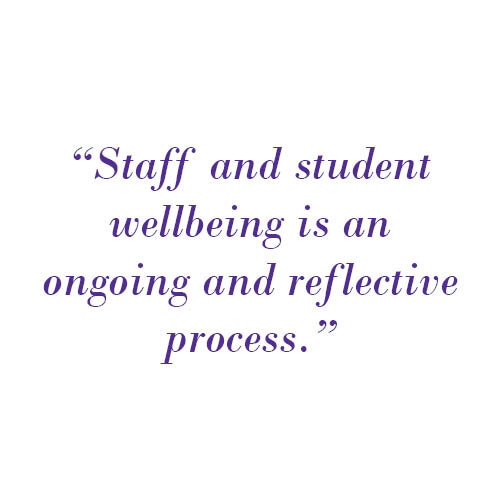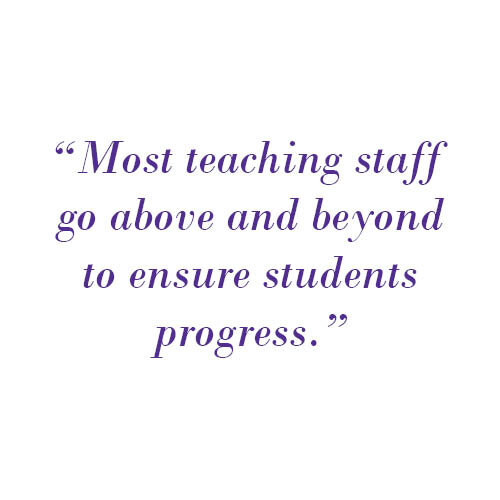Please note that Trustees were previously referred to as ‘Governors’ and the Board of Trustees was previously the ‘Governing Body’.
About our Board of Trustees
-
The Board of Trustees is the key strategic decision-making body of every academy. It is the trustees' role to set the academy’s strategic framework and to ensure all statutory duties are met.
The Board of Trustees has three main responsibilities:
Ensuring clarity of vision, ethos and strategic direction
Holding the Headteacher to account for the educational performance of the academy and its students, and the performance management of staff
Overseeing the financial performance of the academy and making sure its money is well spent.
The Board of Trustees delegates some of its responsibilities to its committees:
Resources
Achievement & Engagement
Legal context:
Clapton Girls' Academy is a stand-alone academy. It is both a company limited by guarantee and an exempt charity.Trustees are therefore company directors and are required to comply with the Companies Act.
An exempt charity is one that is not regulated by, and cannot register with, the Charity Commission. Nevertheless, it is still a charity. Trustees are required to comply with all relevant charity legislation.
-
Minutes of meetings:
Please contact the school office for minutes and papers of meetings
CLICK FOR:
Current members of Board of Trustees
Not currently Trustees by were within the last 12 months (May 2023)
-
The Trustees’ Mission
The Trustees’ mission is to make Clapton Girls’ Academy the school of choice for girls in Hackney.
To do this they:
Interested in becoming a Parent Trustee at CGA?
This is your chance to play an important part in the life of your child’s education and make a contribution for the benefit of all the students.
We are always interested to hear from parents/carers who have skills, expertise and experience to bring to the position of parent trustee in particular in the fields of: education, legal services, human resources, public and private sector management, accountancy, IT services and also those with knowledge of the local community.
We are committed to achieving a Board of Trustees which broadly reflects the composition of the ethnic, cultural and social backgrounds of Hackney and Clapton and to ensuring that the talents and skills available throughout our local community are utilised in our Board of Trustees.
-
If you care about the education children receive, you can make an important contribution to your local community by becoming a school trustee. Trustees perform the most important voluntary role in education and a full and diverse Board of Trustees can be a source of enormous strength to a school. Volunteering as a trustee is a great way to contribute to your local community, meet new people and improve the lives of local children. You will develop transferable skills and learn more about the education system whilst putting existing skills and experience to good use.
A trustee's term of office is 4 years.
-
ANYONE can be a trustee - it just requires a commitment to children and some free time. Anyone who is eighteen or over, a legal resident of the UK and not disqualified under the School Governance Constitution (England) Regulations 2003 is eligible for the role. You do not need to be a parent or have any particular qualifications to become a trustee. Enthusiasm and a desire to make a difference are the most important qualities a volunteer can have.
-
Boards of Trustees are responsible for the strategic management of a school. They will make decisions about a wide range of issues.
The core responsibilities involved are:
Ensuring accountability
Acting as a 'critical friend' to the Headteacher
Monitoring and evaluating the school's progress
Budgetary allocation and control
Planning for the long term future of the school
Setting the school's aims and values
Appointing senior members of staff including the Headteacher
The Board of Trustees is usually split into a small number of committees, each responsible for one area such as finance or health and safety. These committees will meet separately from the main Board of Trustees to discuss relevant issues in more detail. Discussion is then fed back at a full Board of Trustees meeting.
-
You don't have to be an expert in education to become a school trustee. Every Board of Trustees will have some educational experts on it. You don't have to be an expert in education to have a valuable viewpoint about what's happening in your school. Your very different viewpoint can really help the school see differently and do things better. Simply by asking your school some key questions and listening to the responses, you can help your school improve its performance.
The key qualifications for anyone considering the role of trustee are interest and commitment.
-
Whether you have a little or a lot of time to give you can make a big difference as a trustee. Trustees spend approximately 6-8 hours per month on the role and are required to meet formally a minimum of 3 times a year. Allowing for participation in a sub-committee of the Board of Trustees, this will include 2-4 meetings per term and some preparatory reading. Meeting dates are usually set well in advance and meetings generally last between 2 and 3 hours. Board of Trustees meetings are held in term time only.
Trustees are expected to attend:
1-2 Full Board of Trustees meetings per term
1 committee meeting per term
1 disciplinary panel per term
At least 2 focus visits a year
1 training session per year
-
Many Boards of Trustees meet more frequently than this, and most also delegate work to committees and/or working parties and task groups which meet between the Board of Trustees meetings. Trustees play a full role in agreeing how their Board of Trustees works, and then in supporting this. In addition some trustees volunteer to fulfil specific roles, such as being the Special Educational Needs trustee, or the Health and Safety trustee, or the link trustee for a particular year or subject.
Most trustees arrange a couple of shorter visits to school and classrooms focusing on key priorities so that they can see how the school is addressing issues identified for development. In addition, informal visits to special events such as drama productions and sports day are generally encouraged.
-
There are several different groups responsible for appointing trustees, although once appointed all trustees essentially perform the same role.
The types of trustees are:
Appointed trustees - appointed by the Board of Trustees
Parent trustees - parents who usually have children at the school and have been elected to join the Board of Trustees by the parent body of the school
The Board of Trustees also has associate members who are appointed in an advisory capacity by the Board of Trustees, but have no formal voting power.
Training for Trustees
All new trustees are recommended to attend sessions from the Hackney Education & Schools training programme and any academy training.








